Renting VS Owning | What Should Renters Do In Australia?
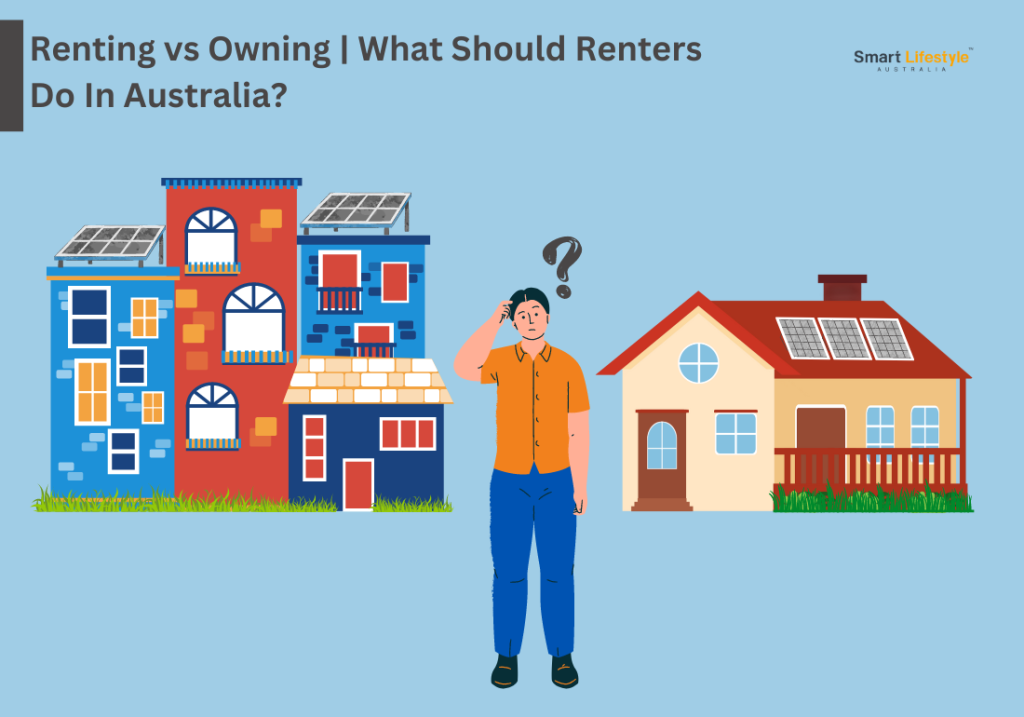
The debate between renting and owning a home is an issue in Australia’s vast and diverse landscape. While homeownership is often seen as a symbol of stability and financial success, renting can offer flexibility and freedom that homeownership cannot. This article will explore the benefits of renting and owning properties. We will also try to […]
Renewable VS Sustainable Energy | What’s the Difference?
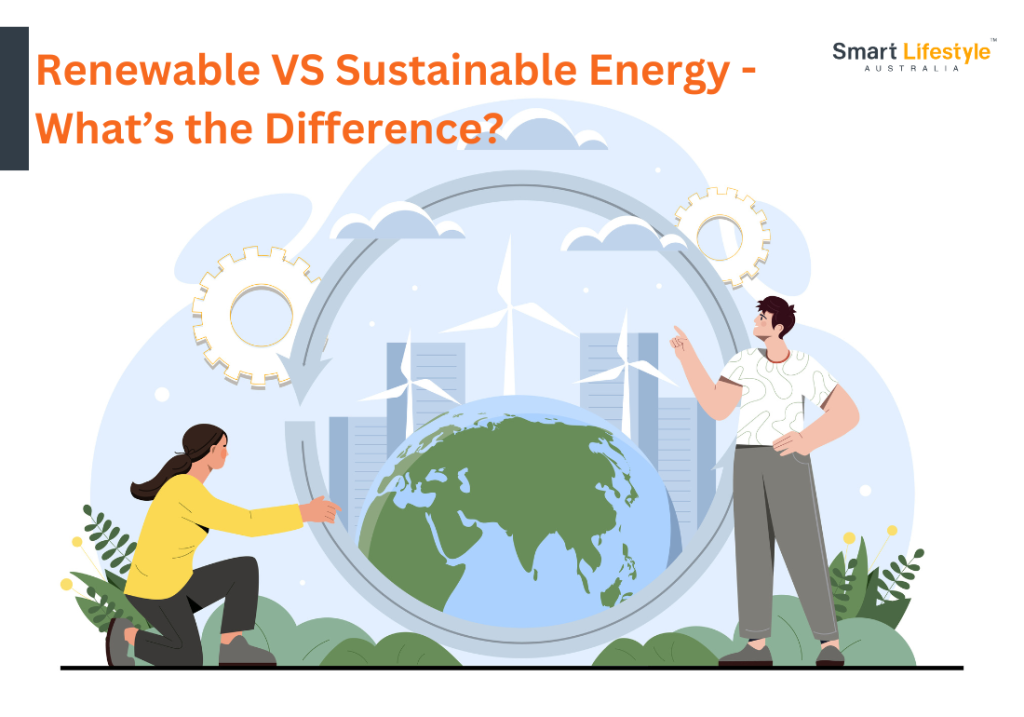
Imagine a world where our energy needs are met without harming the planet. A world where we harness the power of nature to fuel our lives and leave a thriving environment for future generations behind. This vision is not merely a dream but a tangible reality that we can work towards by embracing renewable and […]
#1 Hot Water System for You | Save Today with SLA Heat Pump

Are you tired of high hot water bills? SLA Heat Pump might be the solution you need! Find out how it works and why it’s a cost-effective choice for your home in this blog post.
Top 10 Ways to Save Energy in Australia | The 2023 Edition
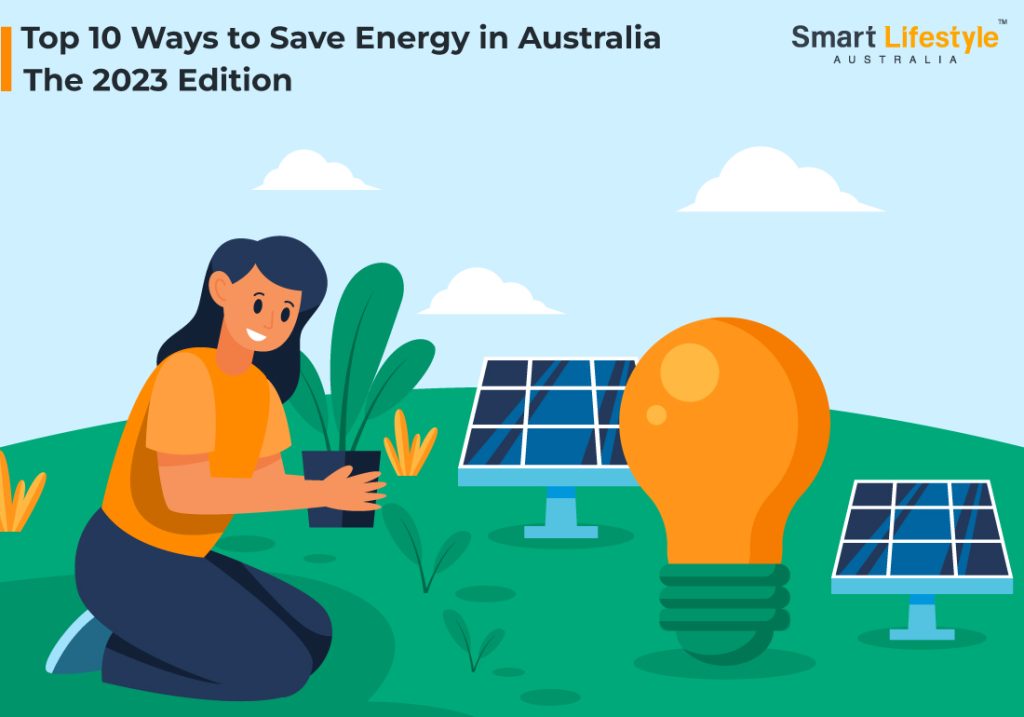
An average Australian household spends about $1450 to $2200 on electricity bills each year. That is a huge number, and prices are not coming down anytime soon; in fact, energy prices are skyrocketing with each passing day. At times like this, we have to come up with perceivable and creative ways to save as much […]
Barriers for Smart Appliance Adoption
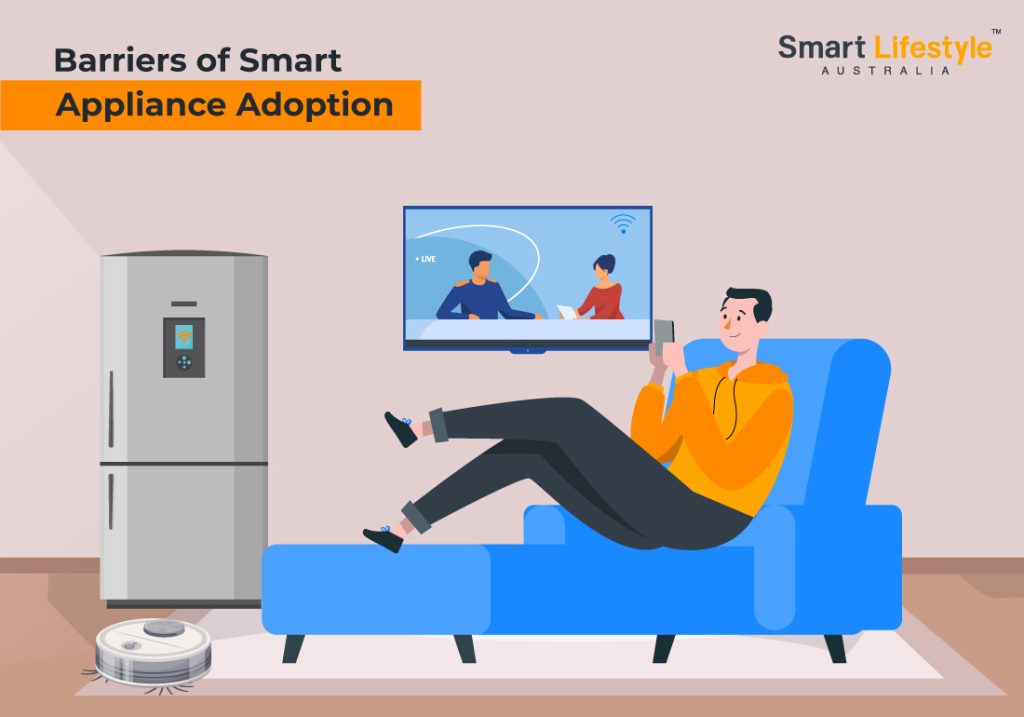
We have seen rapid development and advancement of digital technologies over a couple of years. Particularly in computers, communication, network, and control. The innovative city movement and new urban technologies have penetrated people’s lives and changed their lifestyles. In recent years, the term “smart home” has appeared frequently in major media and has become well-known. […]
Will gas be Phased Out in Victoria?
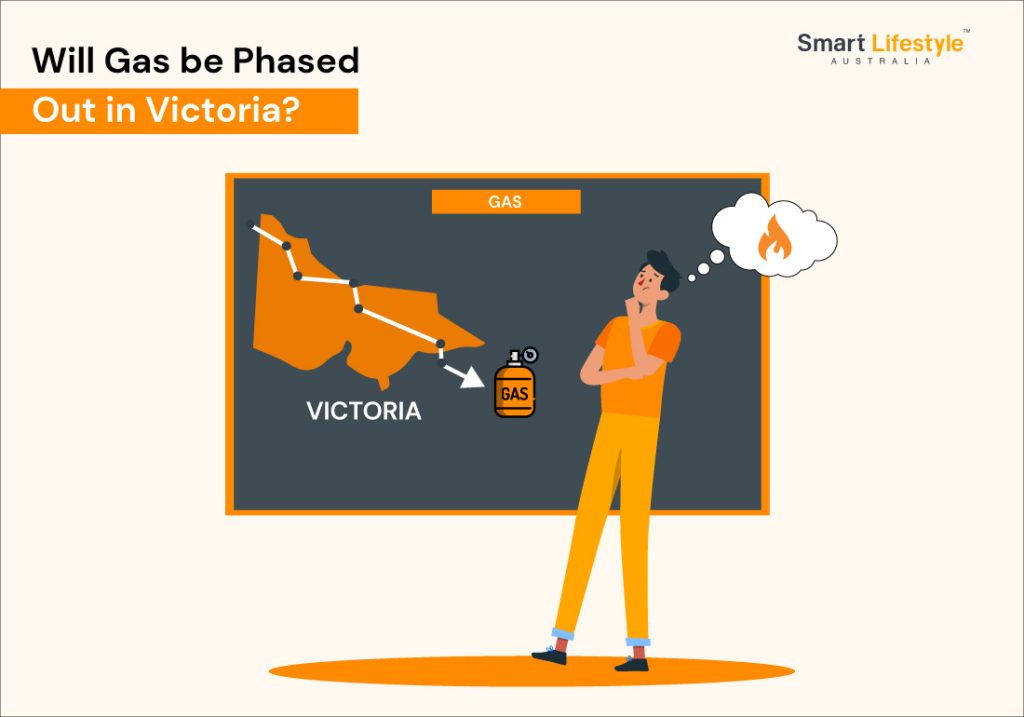
The Government of Victoria released a roadmap to navigate the state toward zero emissions. They will also cease new gas installations and incentives for residential and commercial spaces. The Government plans to phase gas out by 2023 entirely.In addition, Government’s goal’s to reduce greenhouse-gas emissions are as follows: 28-33% by 2025 45-50% by 2030 net-zero […]
